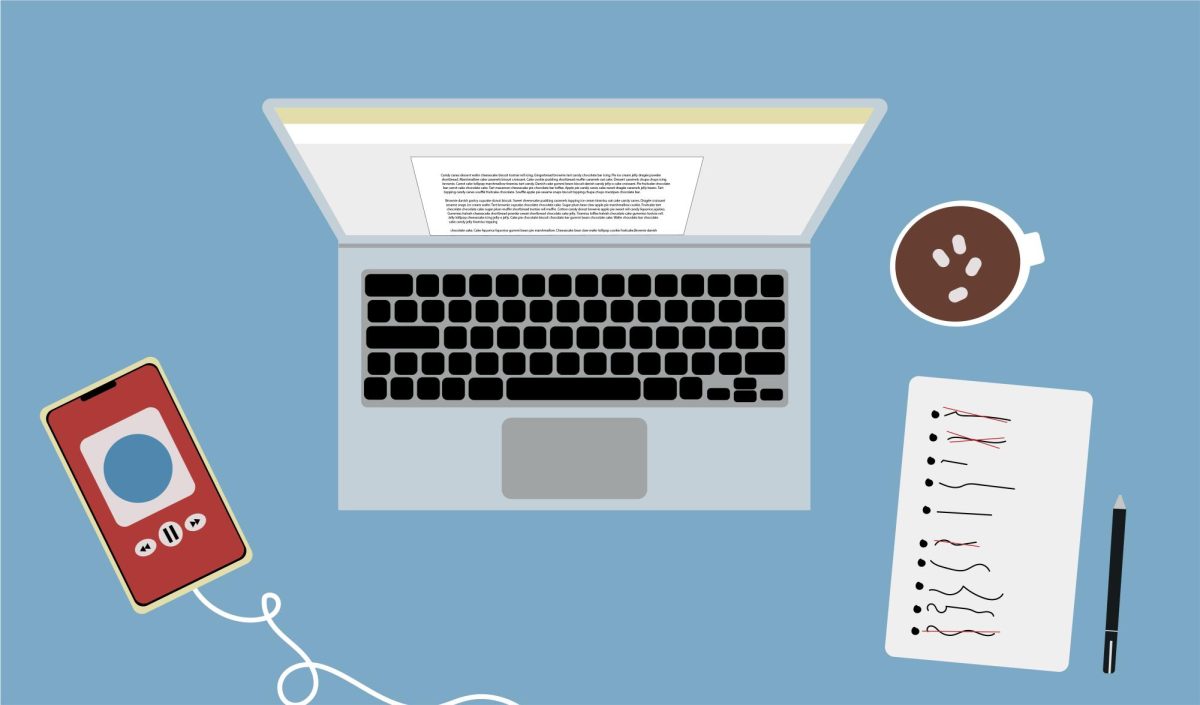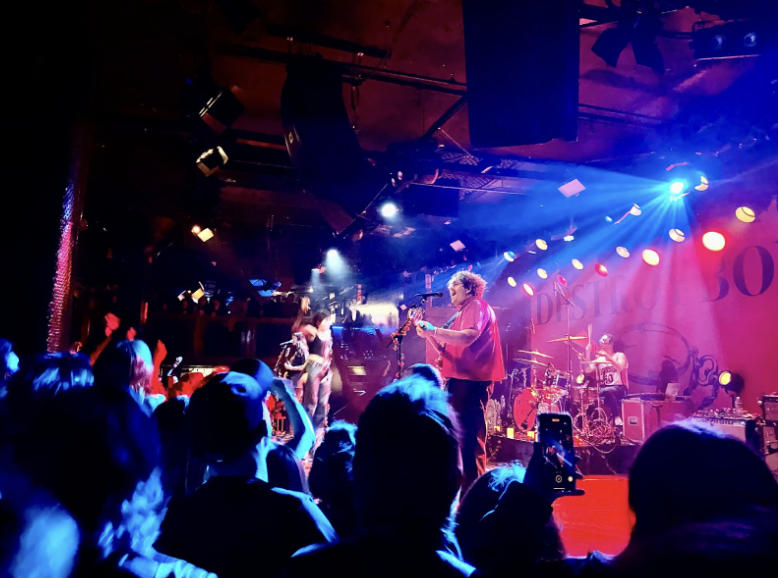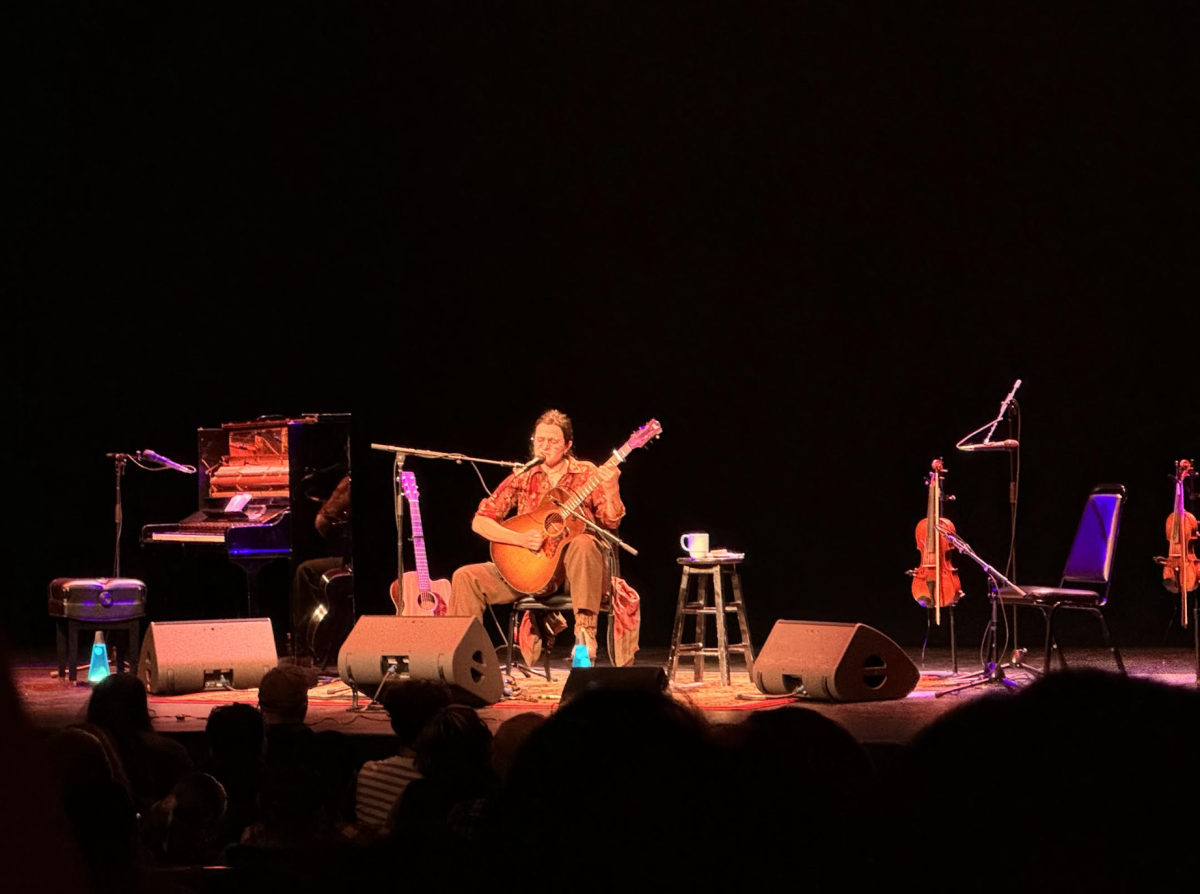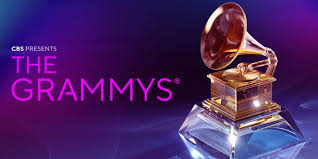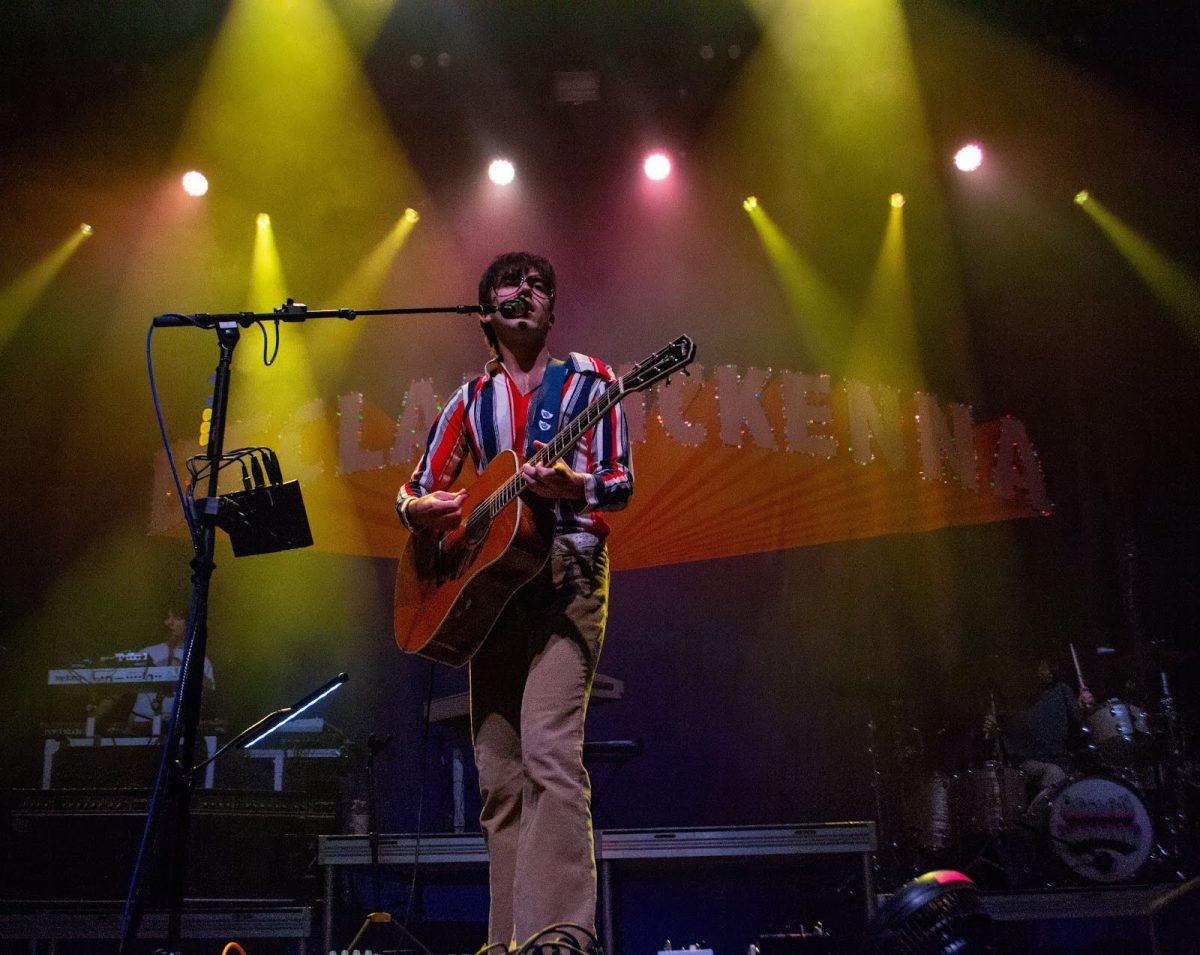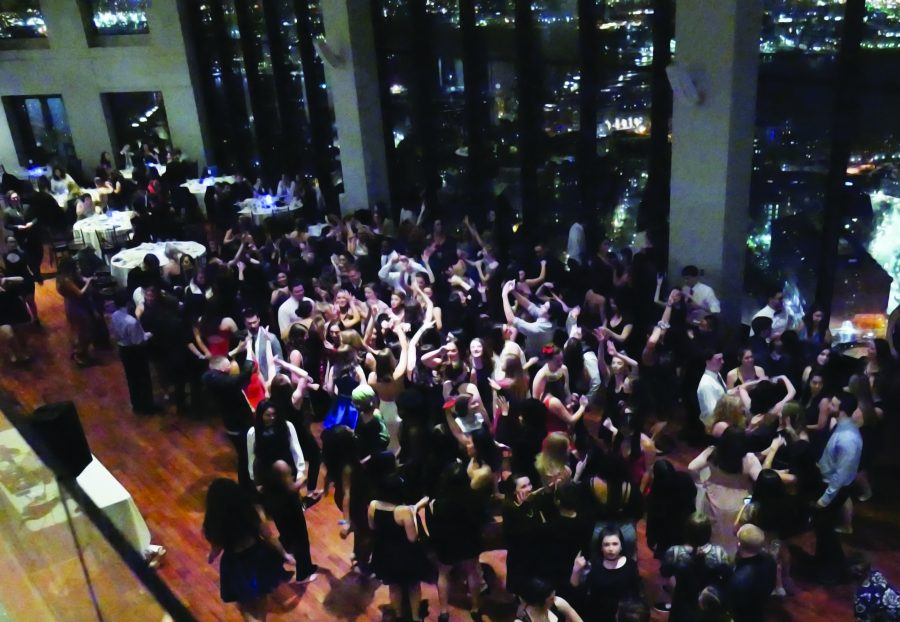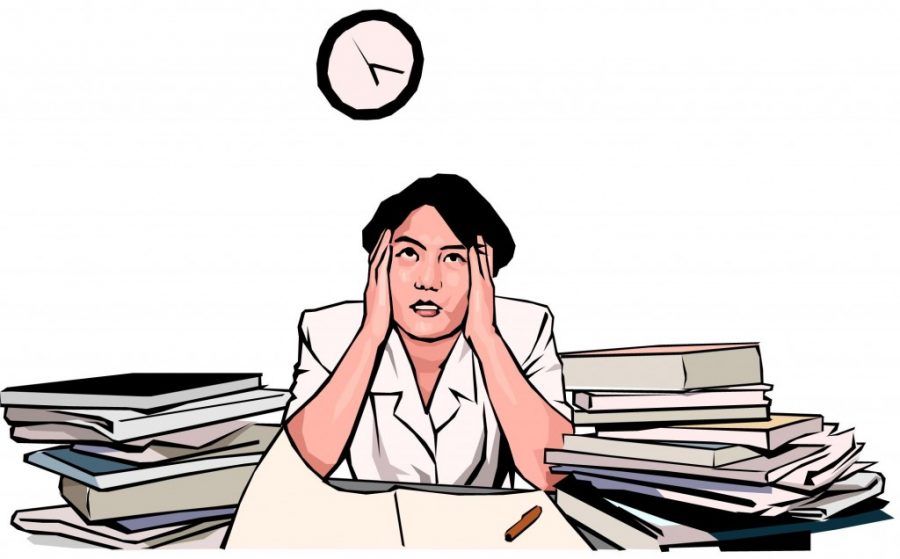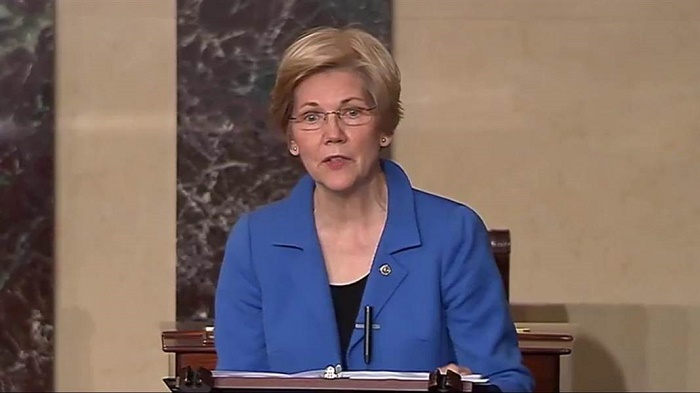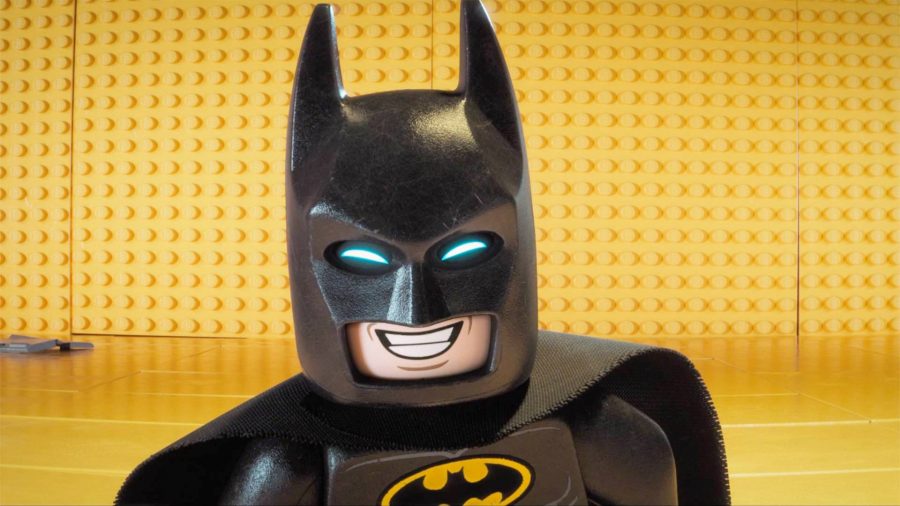By Simran P. Gupta
Staff Writer
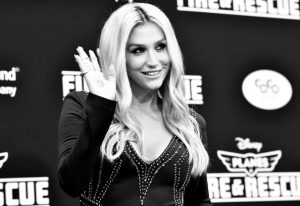
On Friday, Feb. 19, the justice system made a decision that rocked the world of the music industry, fans everywhere, and one particular artist in general. Kesha Rose Sebert has been trying to leave a contract with Sony Music that requires her to record four to six more albums with producer Dr. Luke, whose real name is Lukasz Gottwald.
This past Friday, the case came to a head, and the judge ruled that Kesha could not be set free from her contract. On the grounds that “Sony would suffer irreparable damages,” she went on to say that her “instinct is to do the commercially reasonable thing.”
The fight began in October of 2014, according to the Washington Post, when Kesha filed a suit against Dr. Luke, saying that he had drugged, raped, and emotionally abused her “in a manner that ultimately led her to an eating disorder.” The suit asked that she be released from her contract; almost immediately, Dr. Luke filed his own countersuit on grounds of false allegations. He claimed Kesha’s story was made up in an attempt to get out of a contract.
While October 2014 may have been the beginning of the public fight, research indicates that it may have begun years ago, when Kesha was still a newcomer to the pop scene. In her suit, Kesha argued that she had “suffered nearly a decade of abuse” at the hands of her producer. In fact, the suit was filed after checking herself into rehab in January of 2014, during which she sought treatment for bulimia. This has also been connected to the abuse Dr. Luke is accused of inflicting on Kesha.
It is no surprise, then, that Kesha would reveal feeling creatively stifled by Dr. Luke during production of her second album, “Warrior.” She rejected Sony’s offer to work with a producer other than Dr. Luke, instead seeking freedom from the record label entirely. That being said, while the rejection of Kesha’s plea does not mean that her case is dead, it means she must take a much longer road to be able to record again.
In the wake of this news, the internet—namely Twitter—and public opinion lit on fire. Fans and allies of survivors took to Twitter to express solidarity, support, and outrage using two hashtags: #FreeKesha and #SonySupportsRape. Celebrities also joined the fray, with figures such as Demi Lovato, Lady Gaga, Ariana Grande, Kelly Clarkson, and more tweeting their support.
Petitions are also making their way around, imploring Sony to set Kesha free. Some go as far as to demand that the industry blacklist Dr. Luke, saying that until Sony frees Kesha, industry members should refuse to work with Dr. Luke.
Recently, Dr. Luke himself tweeted his thoughts on the judge’s decision, which also sparked outrage. He thanked fans for supporting him, and sought to establish his innocence. To back up his side of the situation, he mentioned his “feminist mother” who “raised him right” as proof that he could not have abused and assaulted Kesha. He also mentioned that she was like his little sister, and claimed that because Kesha’s lawyers worked with Chris Brown, they could not care about her or women’s rights. These tweets have been met with some support and some outrage.
Kesha’s case is ongoing. The Voice will be following any advancement.








